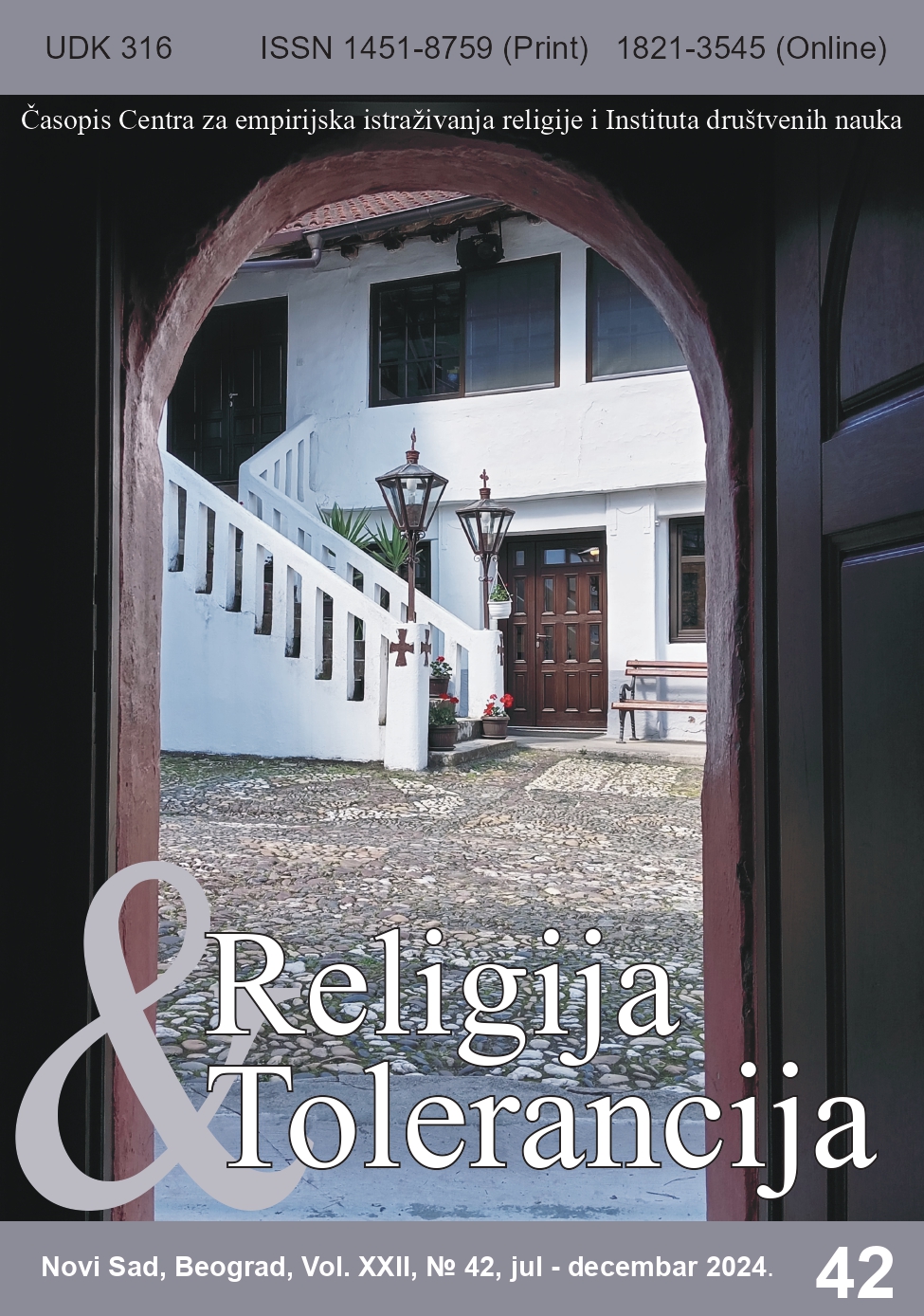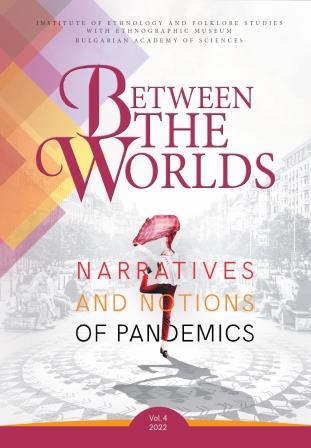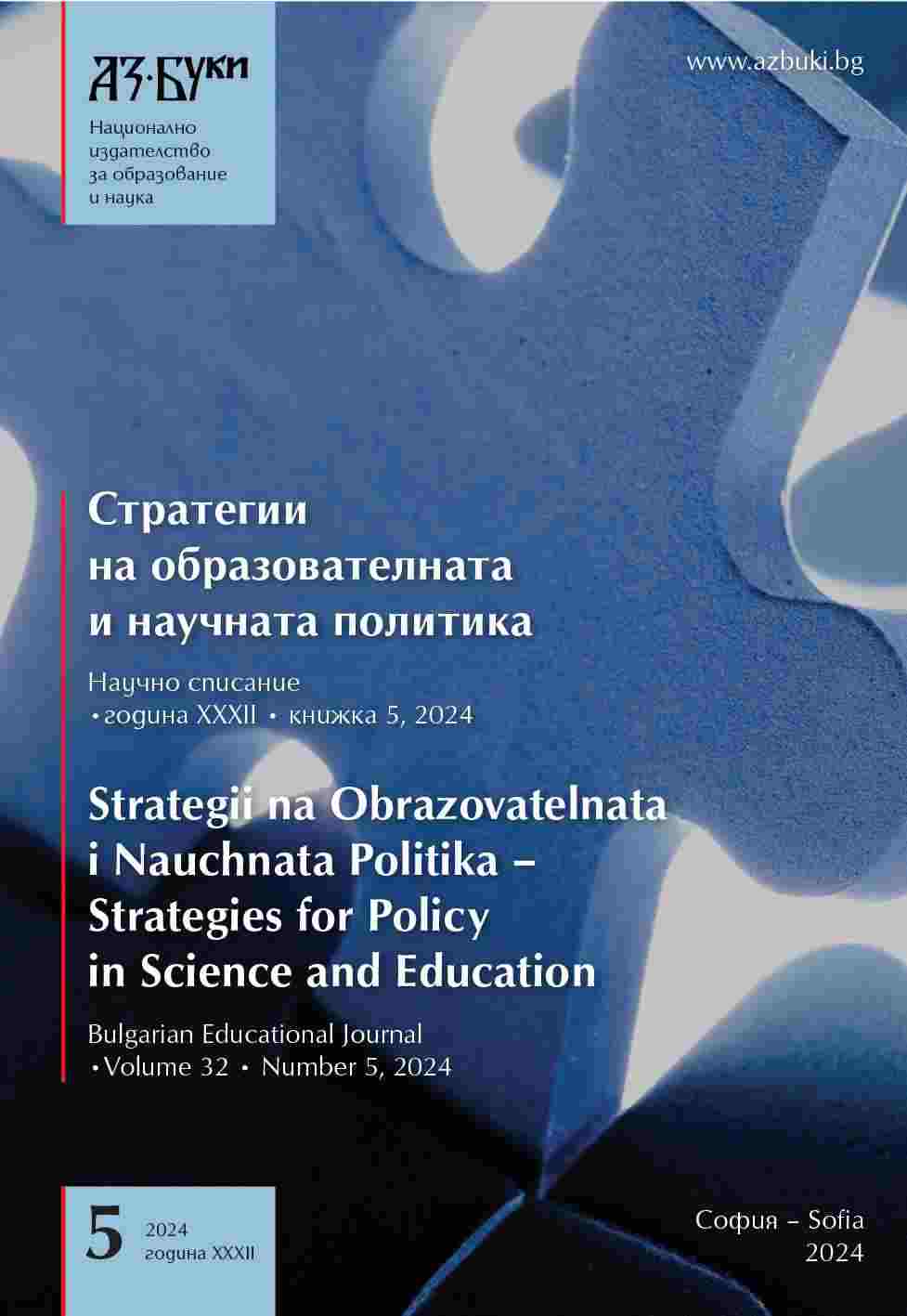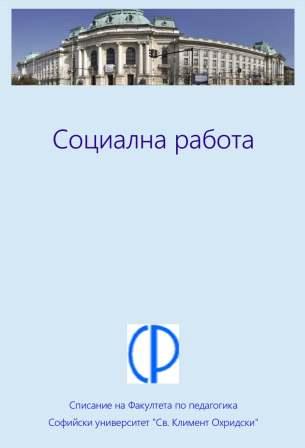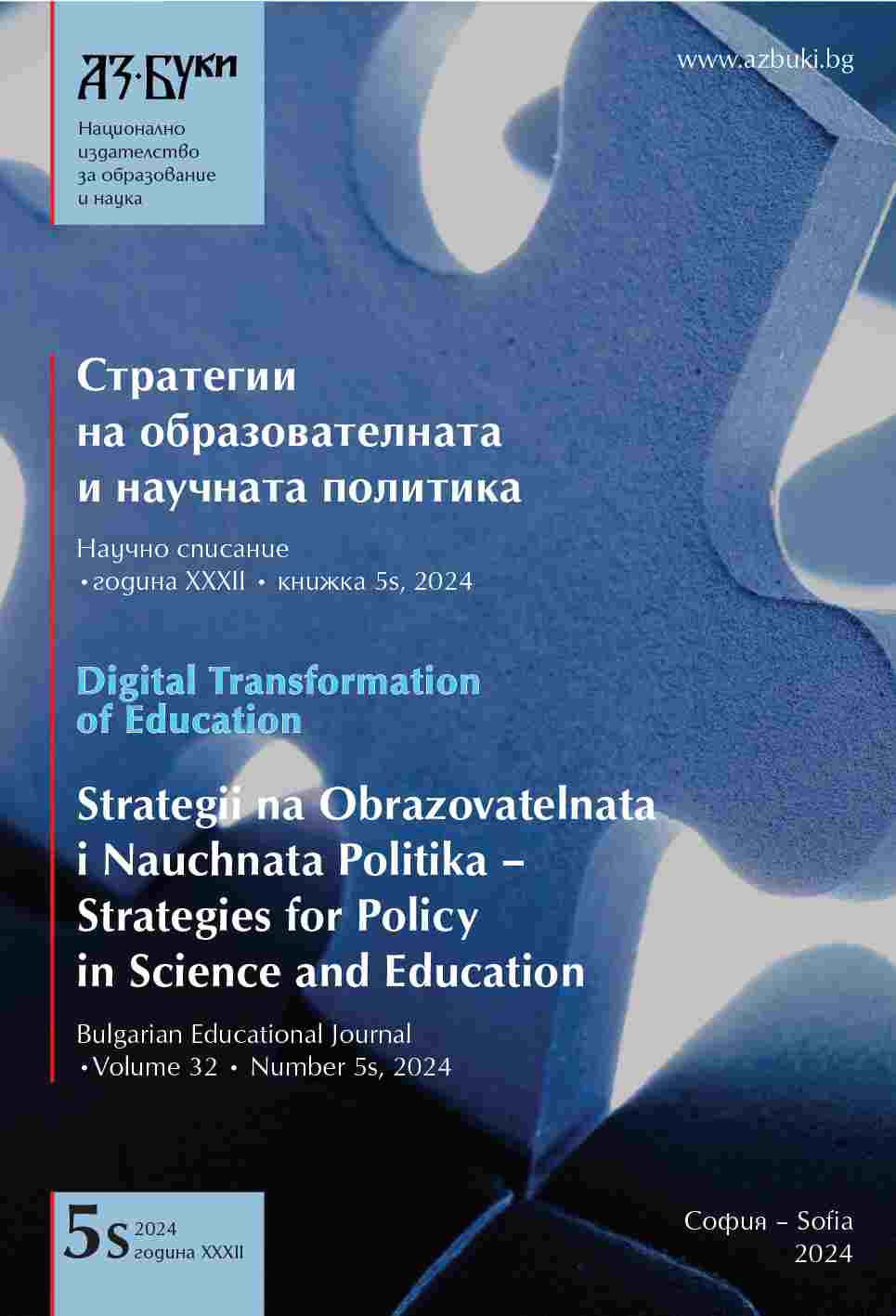Author(s): Mehmet Ali Üzelgün,Rahmi Oruç / Language(s): English
Issue: 4/2022
With the high levels of uncertainty and vulnerability created in everyday activities, the COVID-19 outbreak has prompted a proliferation of narratives. Against the official narrative crosscutting the worlds of science, medicine, social measures, and personal responsibilities, many conspiracy theories have emerged. In this study, we examine both the official COVID-19 narrative and various conspiracy theories as conforming to a format called the pending narratives (Törrönen, 2021). Pending narratives are future-directed stories operating on three levels – story, discourse, and norm – to call their audience for a certain course of action. As such, they are inherently rhetorical, and their audience evaluation is informative of their rhetorical qualities. To examine the reception and evaluation of COVID-19 narratives by young people, we used 27 semi-structured online interviews conducted between June and October 2021 with freshmen university students across Turkey. While the official narrative was emergent throughout the interviews, we asked specifically about certain alternative stories (lab leak, population weapon, hidden elites). Our analysis shows that both the official and the conspiracy narratives have some purchase among the Turkish students. We thus divide the interview responses into three groups: adhering to the official narrative, adhering to the conspiracy theories, and those that are ‘inbetween’. Focusing specifically on the latter group, our analysis maps the reasons for which the interviewees criticise, debunk, and refute various narratives. We conclude by assessing the rhetorical qualities and appeal of the lab leak, population weapon, and hidden elites conspiracy theories.With the high levels of uncertainty and vulnerability created in everyday activities, the COVID-19 outbreak has prompted a proliferation of narratives. Against the official narrative crosscutting the worlds of science, medicine, social measures, and personal responsibilities, many conspiracy theories have emerged. In this study, we examine both the official COVID-19 narrative and various conspiracy theories as conforming to a format called the pending narratives (Törrönen, 2021). Pending narratives are future-directed stories operating on three levels – story, discourse, and norm – to call their audience for a certain course of action. As such, they are inherently rhetorical, and their evaluation by audiences is informative of their rhetorical qualities. To examine the reception and evaluation of COVID-19 narratives by young people, we used 27 semi-structured online interviews conducted between June-October 2021 with freshmen university students across Turkey. While the official narrative was emergent throughout the interviews, we asked specifically about certain alternative stories (lab leak, population weapon, hidden elites). Our analysis shows that both the official and the conspiracy narratives have some purchase among the Turkish students. We thus divide the interview responses into three groups: adhering to the official narrative, adhering to the conspiracy theories, and those that are ‘inbetween’. Focusing specifically on the latter group, our analysis maps the reasons the interviewees criticise, debunk, and refute various narratives. We conclude by assessing the rhetorical qualities and appeal of the lab leak, population weapon, and hidden elites conspiracy theories.Many conspiracy theories have emerged against the official narrative crosscutting the worlds of science, medicine, social measures, and personal responsibilities
More...
